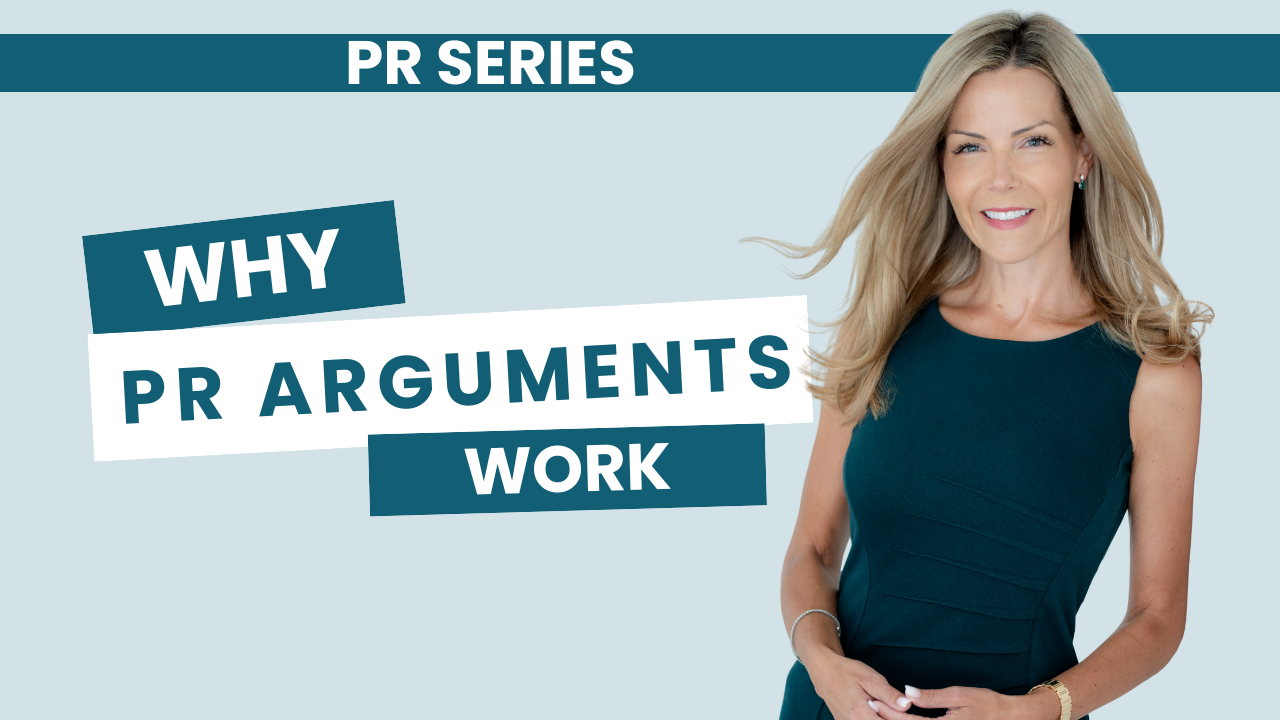By: Melissa Barlock
A Guide To Assertive Communication

Saying "no" is one of the most powerful yet underutilized tools in our communication arsenal. Whether it's declining a request, setting boundaries, or prioritizing your own needs, learning to say no effectively is essential for maintaining balance, managing stress, and asserting your autonomy. In this blog post, we'll explore strategies for saying no with confidence, clarity, and compassion.
Know Your Priorities:
Before saying no to a request, it's important to have a clear understanding of your priorities and commitments. Take stock of your time, energy, and resources, and identify what matters most to you. By aligning your decisions with your values and goals, you'll feel more confident and empowered to say no when necessary.
Be Assertive:
Assertiveness is about expressing your thoughts, feelings, and boundaries in a respectful yet firm manner. When saying no, use assertive language that is direct, clear, and non-apologetic. Avoid over-explaining or making excuses, as this can weaken your message and invite negotiation. Instead, state your refusal confidently and without guilt.
Practice Empathy:
While it's important to assert your boundaries, it's also essential to consider the other person's perspective and feelings. Practice empathy by acknowledging their request and expressing appreciation for their understanding. Let them know that your decision is not a reflection of their worth or importance, but rather a reflection of your own needs and limitations.
Offer Alternatives:
If you're unable to fulfill a request, consider offering alternatives or compromises that align with your boundaries and priorities. Suggest alternative solutions, recommend other resources or individuals who may be able to assist, or propose a different timeframe for addressing the request. By offering alternatives, you demonstrate your willingness to help while still honoring your boundaries.
Practice Self-Compassion:
Saying no can be challenging, especially if you're accustomed to prioritizing others' needs over your own. Practice self-compassion by recognizing that it's okay to prioritize your own well-being and happiness. Remind yourself that saying no is not selfish or rude, but rather an act of self-care and self-respect.
Set Clear Boundaries:
Setting clear boundaries is essential for healthy relationships and self-preservation. Communicate your boundaries openly and consistently, and be prepared to enforce them when necessary. Remember that boundaries are not rigid rules, but rather guidelines that protect your physical, emotional, and mental well-being.
Learn to Say No Gracefully:
Saying no gracefully means delivering your refusal with kindness, respect, and tact. Express your gratitude for the opportunity or invitation, and explain your decision in a way that is honest yet considerate. Avoid using harsh or dismissive language, and strive to maintain a positive and respectful tone throughout the conversation.
Learning to say no is a skill that requires practice, patience, and self-awareness. By knowing your priorities, being assertive, practicing empathy, offering alternatives, practicing self-compassion, setting clear boundaries, and saying no gracefully, you can assert your autonomy, protect your well-being, and cultivate healthier, more fulfilling relationships. Remember, saying no is not a sign of weakness, but rather a sign of strength and self-respect. So don't be afraid to speak up, set boundaries, and prioritize your own needs. Your mental, emotional, and physical health will thank you for it.
Enspire Dental Opportunities is looking forward to working with you.












